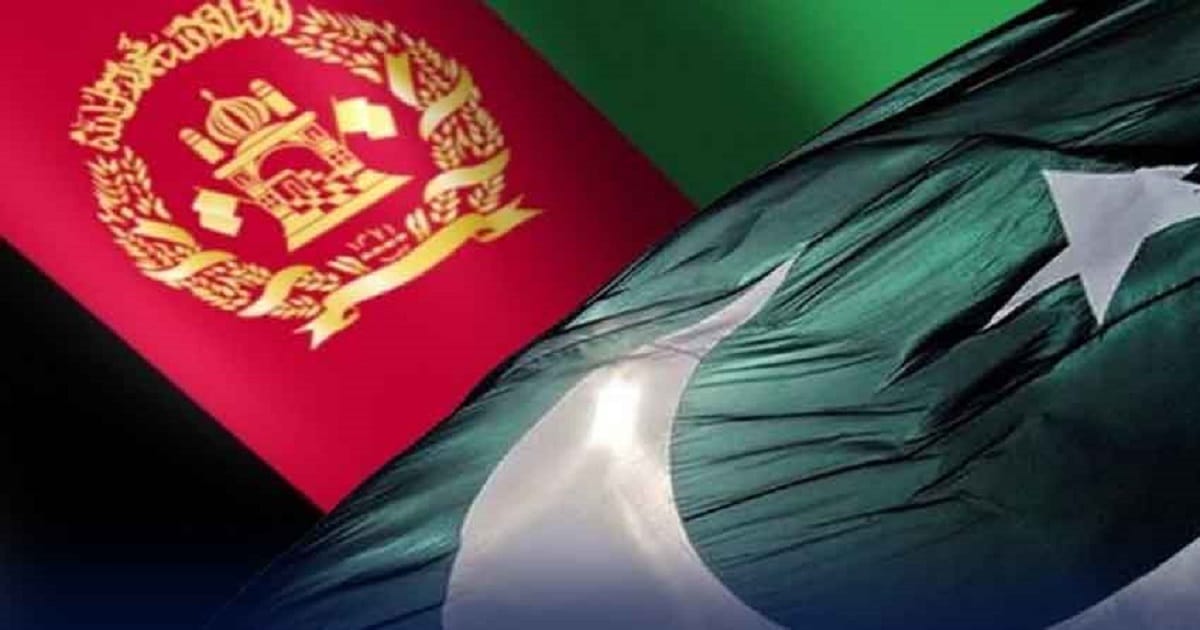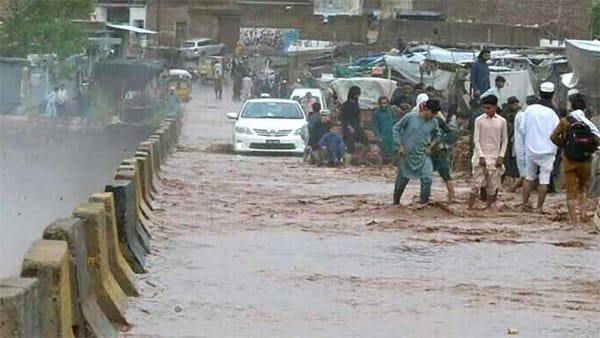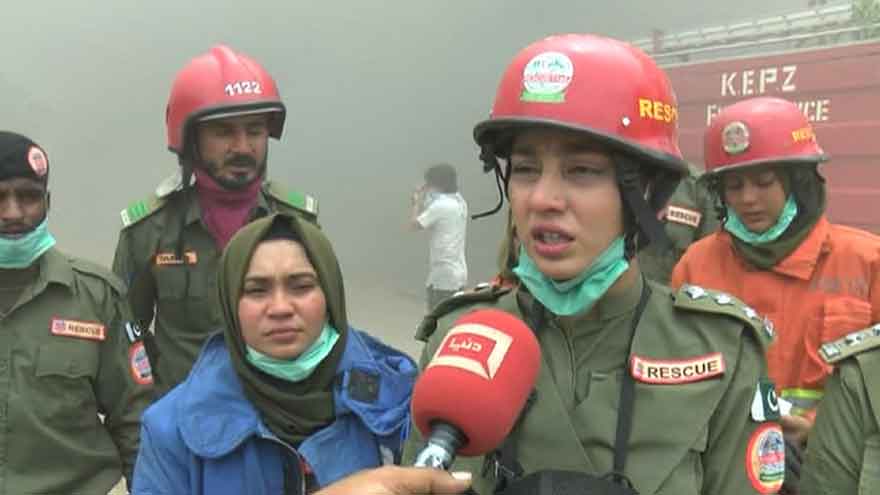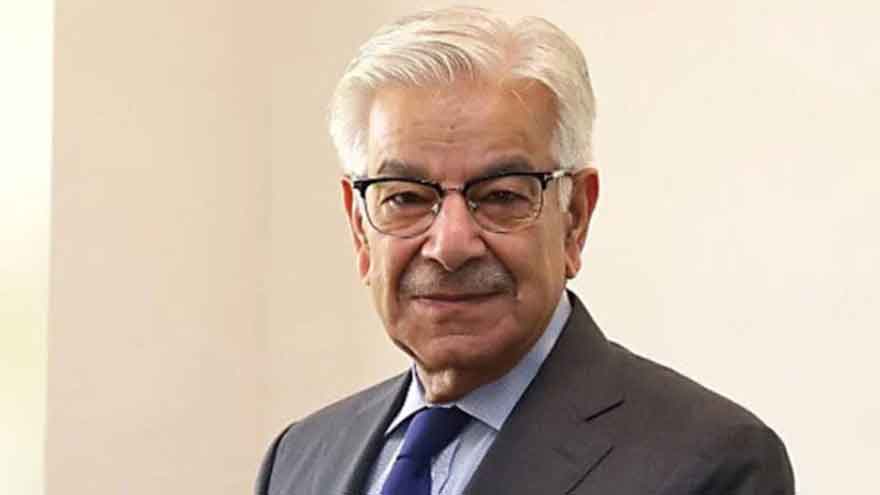Afghanistan’s dependency on Pakistan’s trade, borders becomes more apparent

Afghanistan’s heavy reliance on Pakistan for trade, supply routes, and humanitarian aid became a key issue, as the Taliban government faced increasing regional tensions.
According to reports, most of Afghanistan’s goods, from food to fuel, enter the country through Pakistan’s borders. In times of conflict, Pakistan could easily disrupt these supply lines, leading to significant economic challenges for Afghanistan.
Humanitarian aid, including medical supplies and foreign assistance, also flows through Pakistan. Any economic sanctions or trade blockades imposed by Pakistan could push Afghanistan into a severe economic and humanitarian crisis.
The Taliban’s government, in power since 2021, faces international diplomatic isolation, with many countries, especially in the West, refusing to recognise the regime due to its strict policies, human rights violations, and enforcement of tribal laws. Despite international condemnation, Pakistan maintains diplomatic relations with Afghanistan, offering the Taliban government a form of international legal standing.
Although Pakistan’s military is capable of targeting Taliban factions and other insurgent groups within Afghanistan, it has consistently avoided direct military action against Afghanistan. However, Pakistan retains the right to act against any group that threatens its national security or interests, especially those involved in anti-Pakistan terrorism.
For decades, Pakistan has provided shelter, health services, and education to millions of Afghan refugees, bearing significant financial and social pressure. Unlike many other nations that have closed their borders or imposed strict restrictions on Afghan refugees, Pakistan has not yet forced a large-scale return of refugees. Such a move could spark a new wave of instability in Afghanistan.
By allowing Afghan refugees to remain within its borders, Pakistan helps prevent an immediate humanitarian crisis in Afghanistan. Furthermore, resistance groups such as the National Resistance Front (NRF) and other Taliban-opposing factions challenge the Taliban’s hold on Afghanistan, often with the support of Pakistan.
Pakistan also maintains an extensive intelligence network within Afghanistan and among Afghan refugees, which it can use to support these resistance movements. These groups view Pakistani support as crucial in their struggle against the Taliban. Additionally, Pakistan advocates for intra-Afghan dialogue, hoping to resolve issues diplomatically.




